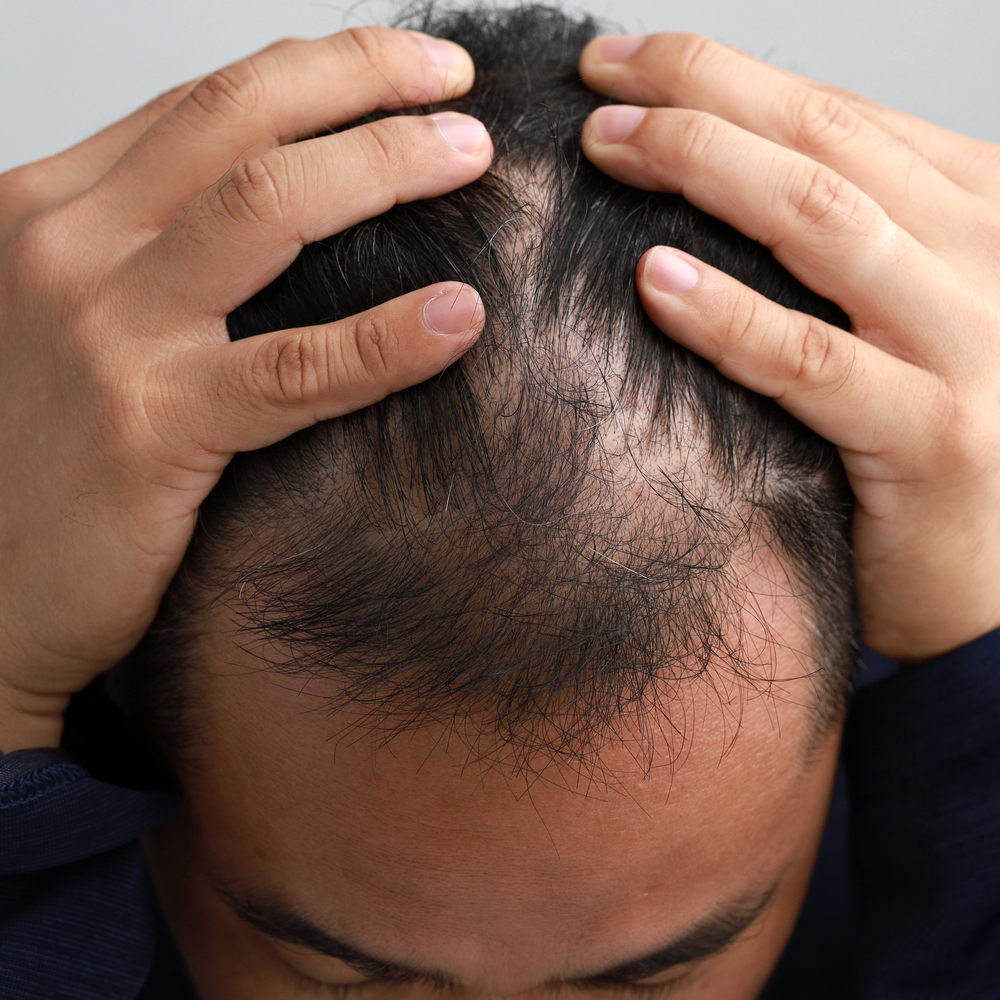Insights Hub
Your go-to source for the latest news and information.
Hair Today, Gone Tomorrow: The Unexpected Causes of Hair Loss
Uncover the surprising secrets behind hair loss! Discover unexpected causes and expert tips to reclaim your luscious locks.
Top 5 Surprising Factors Contributing to Hair Loss
Hair loss is often attributed to common factors such as genetics and aging, but there are surprising factors that can also contribute to this issue. One such factor is stress. Chronic stress can lead to a condition known as telogen effluvium, where hair follicles enter a resting phase due to hormonal changes in the body. This can result in shedding and noticeable hair loss months after the stressful event has occurred.
Another unexpected contributor is nutritional deficiencies. A lack of essential nutrients, particularly iron, vitamin D, and biotin, can negatively affect hair health. When the body doesn’t receive adequate nutrition, it prioritizes essential functions over hair growth, leading to thinning hair or bald patches. Incorporating a well-balanced diet rich in vitamins and minerals is vital for maintaining a full head of hair.

How Stress Impacts Your Hair: The Science Behind Shedding
Stress can have profound effects on various aspects of our health, including our hair. When individuals experience high levels of stress, the body releases stress hormones such as cortisol, which can disrupt the natural hair growth cycle. This disruption may push a large number of hair follicles into a resting phase, known as telogen. As a result, many people may notice an increase in hair shedding during periods of heightened stress, a condition referred to as telogen effluvium. Understanding the science behind this process is crucial for managing stress-related hair loss.
In addition to hormonal changes, stress can also lead to increased inflammation, which may further exacerbate hair loss. Research indicates that significant emotional or physical stressors can trigger the immune system to target hair follicles, resulting in conditions like alopecia areata. Moreover, chronic stress often leads to unhealthy coping mechanisms, such as poor nutrition and lack of sleep, which can further compromise hair health. It is essential to recognize the interconnectedness of stress and hair health, encouraging individuals to adopt stress management techniques such as mindfulness, exercise, and a balanced diet to promote hair regrowth and overall well-being.
Is Your Diet Causing Hair Loss? Understanding Nutritional Deficiencies
Many people may not realize that diet plays a crucial role in hair health. Insufficient intake of essential nutrients can lead to hair loss or thinning, leaving individuals frustrated with their appearance. Nutritional deficiencies such as a lack of protein, iron, zinc, and vitamins A, D, and E can significantly impact the hair growth cycle. For instance, protein is vital for the production of keratin, the primary component of hair, making its absence a direct contributor to hair fall. Ensuring a balanced diet rich in these nutrients is key to maintaining not only healthy hair but overall well-being.
Furthermore, certain dietary habits can exacerbate nutritional deficiencies. For example, extreme dieting or eliminating entire food groups may deprive the body of critical vitamins and minerals that support hair growth. In particular, iron deficiency anemia is commonly linked to hair loss, as iron is essential for transporting oxygen to hair follicles. If you suspect your diet may be impacting your hair health, it's important to consult with a healthcare provider or a nutritionist to assess your dietary choices and make necessary adjustments. By restoring proper nutrition, you can significantly improve not only your hair's appearance but also your overall health.